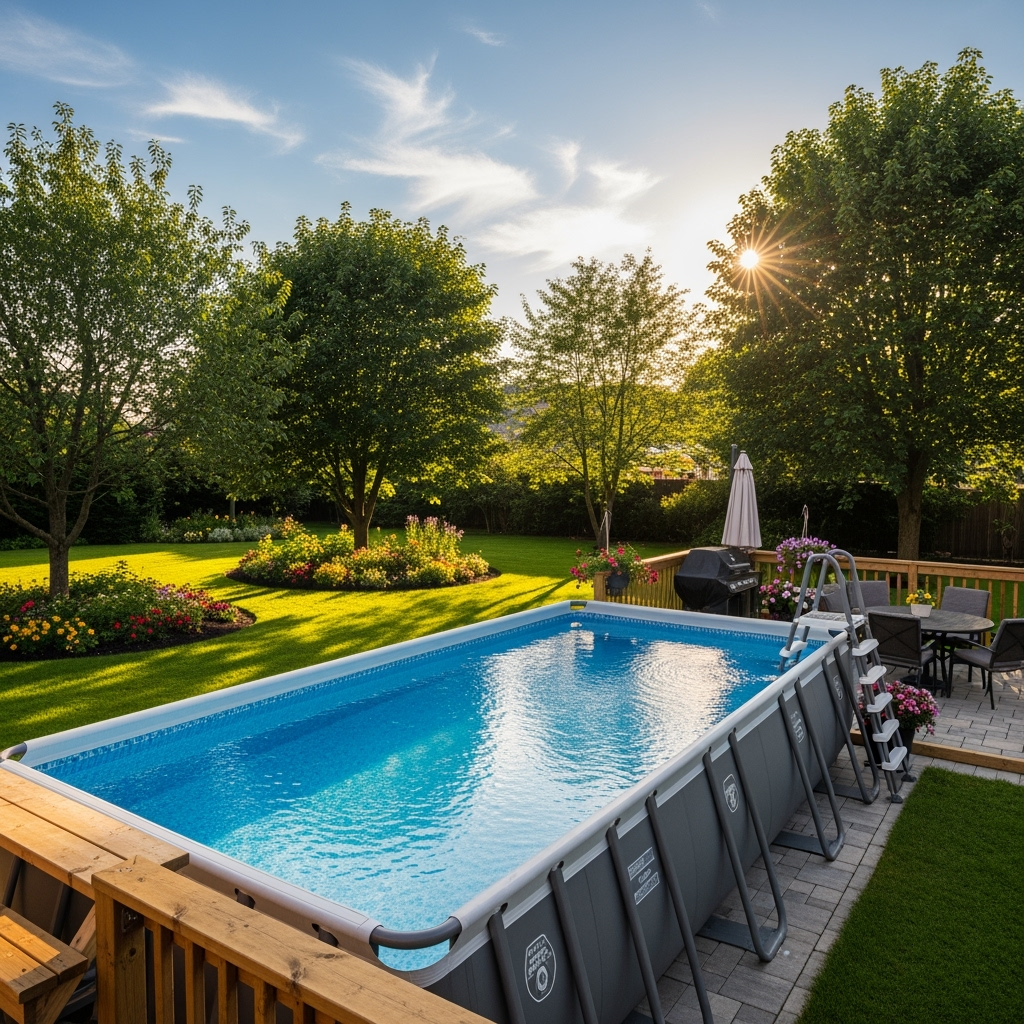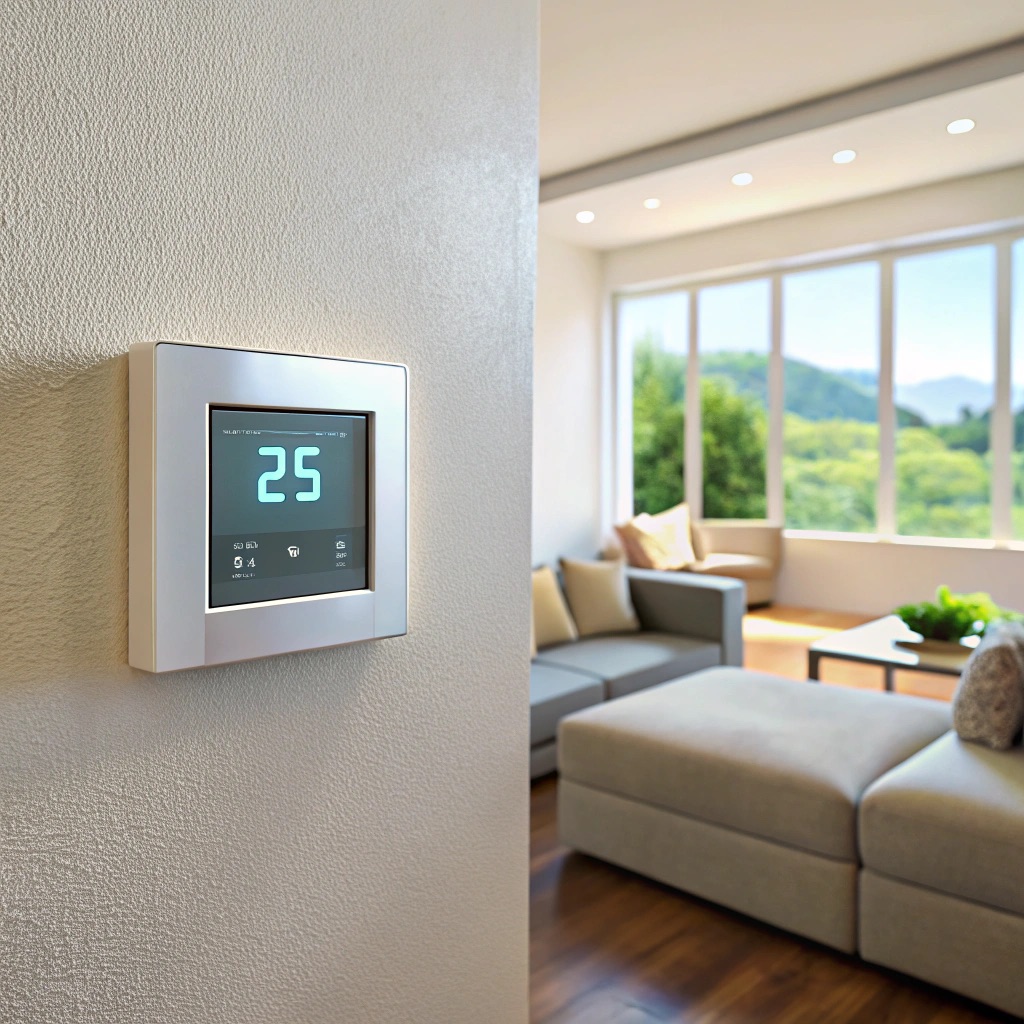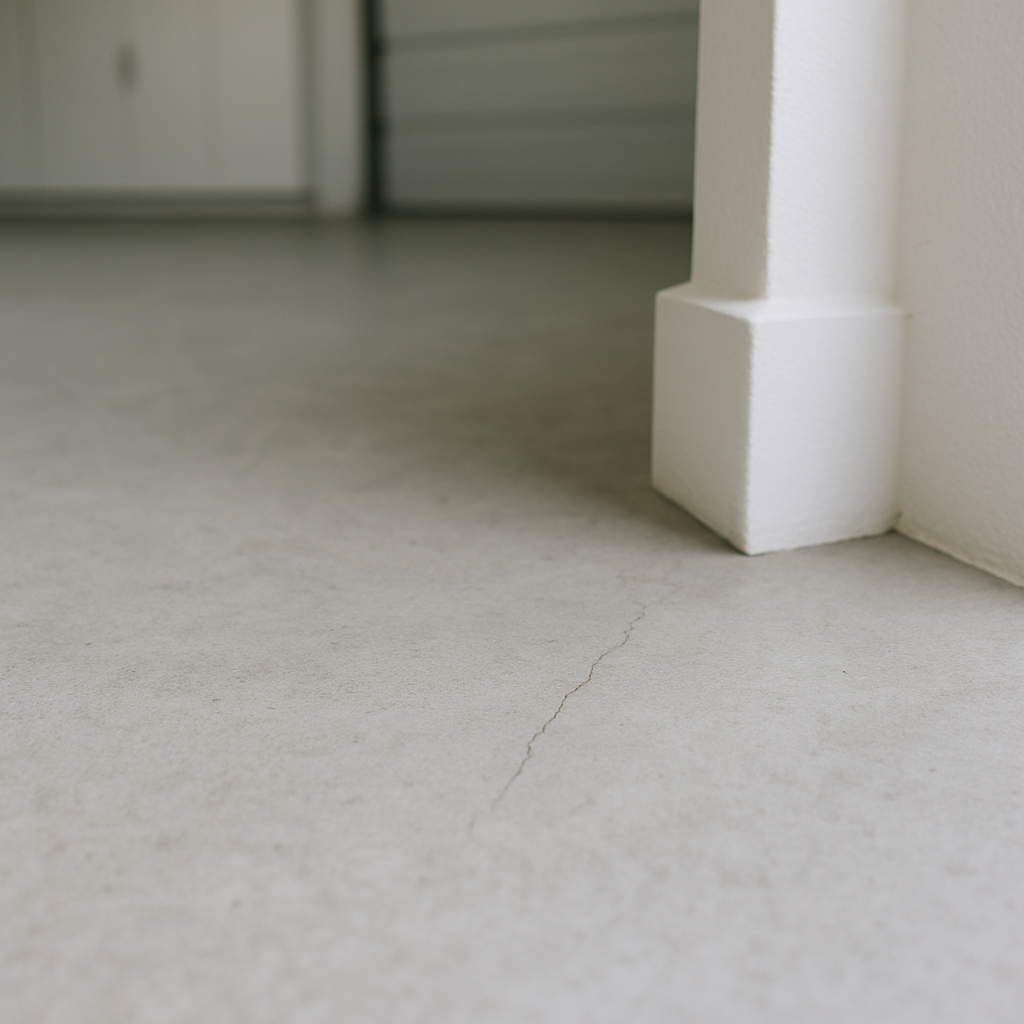Last updated on
Home upgrades can significantly enhance your living space, increase your property’s value, and even save you money in the long run. However, before embarking on a renovation project, it’s crucial to consider several factors carefully. These considerations will help you make informed decisions, avoid costly mistakes, and ensure your home upgrades align with your goals.
This article will explore the eight factors you should consider before starting any home improvement project.
What's Inside
Environmental Impact

In today’s environmentally conscious world, it’s crucial to consider home upgrades that benefit both the environment and your finances. Opt for eco-friendly materials like reclaimed wood and recycled glass while using low-volatile organic compounds (VOC) paint. Responsible recycling and disposal of construction waste are essential.
Prioritize energy saving home improvements like proper insulation, smart thermostats, light-emitting diode (LED) lighting, and solar panels to reduce utility bills and your environmental footprint. Additionally, install water-saving fixtures and choose landscaping that conserves water and supports biodiversity.
These choices promote a greener environment and wise resource management while offering immediate and long-term financial benefits.
Budget and Financing

Before starting a home improvement project, create a practical budget to avoid overspending. To do so, begin by assessing your finances. This includes savings, available credit, and financing options like home equity loans or personal loans. Investigate your upgrades’ potential return on investment (ROI), focusing on higher-return projects.
It’s also best to consider setting aside a 10-20% contingency fund for unexpected and long-term costs like maintenance and utility bills. A clear budget and financial plan are essential for the success of your project.
Project Scope and Goals

For a successful home upgrade, define your goals and priorities. Ask yourself why you’re renovating—for space, functionality, aesthetics, or a combination of these factors. Likewise, you may consider whether you’ll stay long-term or sell soon and if you have specific design preferences.
Focus on budget, timeline, and key features. Your choices will impact your upgrades. Decide whether to do it yourself or hire professionals based on your skills and the project’s complexity. This clarity guides effective communication with contractors, ensuring your expectations are met.
Legal and Regulatory Requirements

Home upgrades must comply with local building codes and regulations to avoid legal issues. Consider checking whether you need permits for structural, electrical, or plumbing changes. Make sure your upgrades comply with property, height, and land use rules.
If you’re part of a homeowners association (HOA), your upgrades must meet their standards. Similarly, it’s best to know local environmental regulations, especially if your project involves excavation or tree removal. Likewise, complete these requirements to avoid delays, fines, or the need to undo work.
Timeline and Project Schedule
Understanding the timing of your home upgrade is crucial for effective management and minimal disruption. Begin by estimating the renovation duration, accounting for complexity, potential weather delays, and contractor availability. This foresight enables better planning and less inconvenience.
When your home is being renovated, and it’s affecting your living space, consider finding a temporary place to stay, like renting an apartment nearby, staying with friends or family, or setting up a makeshift living area in a less affected part of your home. This helps minimize disruption and preserves your comfort.
Remember to anticipate possible delays or unforeseen challenges during construction. A well-defined project schedule keeps you organized and ensures a seamless renovation process.
Contractor Selection and Reputation
Selecting the right contractor is crucial for your project’s success. Ensure they are licensed and qualified, with relevant certifications. They should check their references and online reviews for their reputation and work quality.
Reviewing their previous projects to assess their style and expertise is best. Choose a contractor who communicates well, listens to your needs, and provides clear estimates. Have a written contract outlining project details, timelines, costs, and warranties. A careful contractor selection saves you headaches and ensures a smoother renovation.
Lifestyle and Convenience
When planning home upgrades, go beyond the technicalities and think about how they affect your daily life. Prioritize the functionality of crucial spaces like the kitchen and bathroom to keep disruptions minimal and routines intact.
Expect increased noise and dust, especially with kids, pets, or sensitive family members around. To protect your belongings, consider temporary storage solutions.
Additionally, have a safety discussion with your contractor, particularly if you have children or elderly family members. Striking a balance between your home improvement goals and comfort is essential for maintaining a cozy living space during renovations. Remember, your peace of mind is as important as the upgrades themselves.
Aesthetics and Resale Value
The appearance and its potential resale value are important when improving your home. Even if you plan to sell your home later, your design choices can have a lasting impact.
That said, it’s ideal to choose timeless designs and be cautious with trendy elements, especially in easily updatable areas of your home. Focus on your home’s curb appeal by enhancing the exterior because it makes a strong first impression. It’s also best to find a balance between using high-quality materials and sticking to your budget.
Additionally, research popular home upgrades in your area and pick colors that match your home’s style and have broad appeal. By carefully considering aesthetics and resale value, you can ensure that your home improvements stay relevant and attractive over time.
The Takeaway
Home upgrades are an exciting path to enhance your living space and lifestyle. To make wise choices and avoid issues, consider the factors above. They’ll transform your home into your dream space while aligning with your goals and values. Whether it’s energy-saving or aesthetics, a well-planned approach ensures success in any project.




